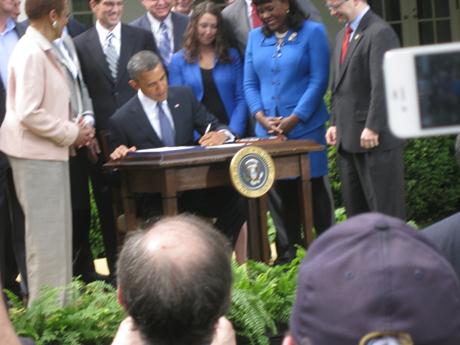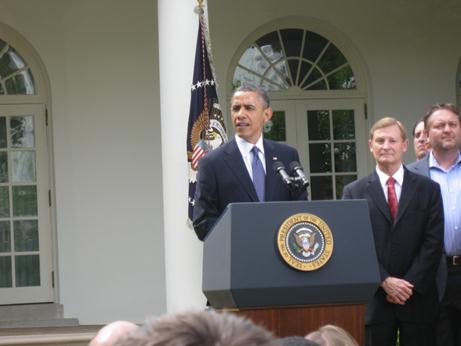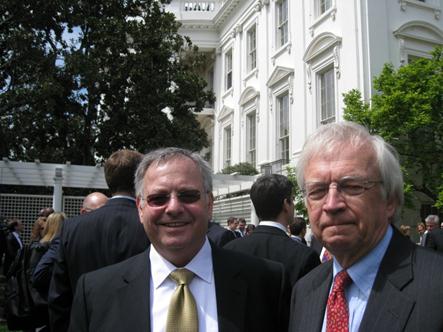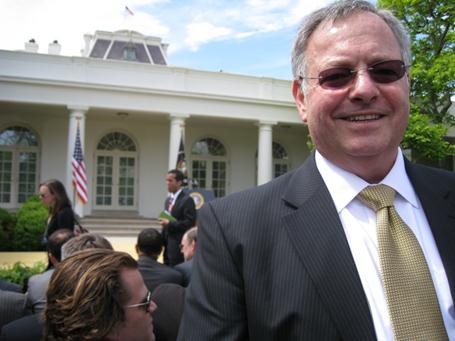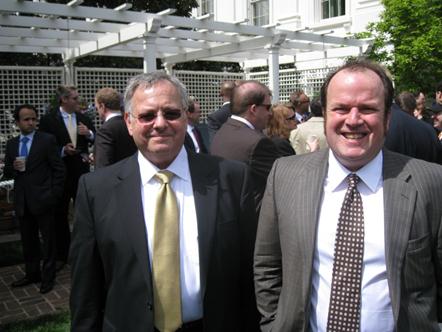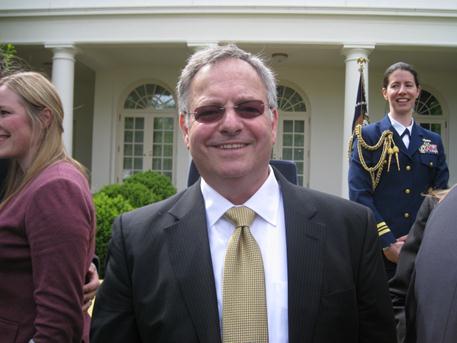8 June 2014
The Honorable Mary Jo White, Chairman
US Securities and Exchange Commission
100 F St. NE
Washington, DC 20549
RE: Accredited Investor Definition
Dear Chairman White:
As a board member of the Angel Capital Association (ACA) and the Chair of the Seattle Alliance of Angels, I urge the Commission to protect angel funding to ensure the health of the startup economy we support, by retaining the existing financial thresholds in the current accredited investor definition. These thresholds — $1 million in net worth or $200,000 in income — have worked well for decades, creating a vital accredited angel investor sector that is the primary source of funds for early-stage companies that drive the innovation economy and job-creation nationwide, and with very little fraud.
I have been an active angel investor for over 25 years, founded and chair the Alliance of Angels (the largest angel network in the Pacific Northwest that has invested over $80M in almost 200 companies during the last 18 years), and have helped start many companies, leading several to IPOs. During this period, I have come to know many entrepreneurs and even more angel investors. I have yet to encounter even one investor who said that they would benefit from changing the accredited investor threshold.
Angel investors are sophisticated. Unlike bankers or VCs, we invest our own money – not someone else’s. We are not in just the financial centers of New York, Boston, and San Francisco, but are in every major city and town in the country. We invest not just our own money, but also our time, energy, expertise, and reputation in helping startups get off the ground, thrive, and become major forces in the economy. We do this because many of us have been entrepreneurs and benefited from the innovation ecosystem. And we do this knowing that a large percentage of the investments we make will not succeed. But some will and what successes they can become!
If financial limits were sharply increased, angel investment in early-stage companies would suffer. An increase in the net worth threshold to $2.5 million, advocated by some, could cut upwards of 60 percent of current accredited investors out of the market. The startup ecosystem would be devastated by such a dramatic shrinkage of this vital investor pool, especially in regions where venture capital is not prevalent. A contraction in angel investing could stall local economic development, university technology initiatives, and stem innovation and job growth. At the same time, millions of Americans would instantly lose the opportunity to participate in the innovation economy that is largely the purview of companies raising funds privately from accredited investors.
It is important to consider investor protection, the public interest and our current economy. However, the SEC should note that, as more accredited individuals have engaged in angel investing, direct investment in startups has remained largely free of fraud. This is a result of concerted due diligence, negotiated terms, and ongoing entrepreneur support and mentoring that are the hallmark of angel investing.
Given the importance of the innovation economy to the nation, the need for capital formation in the early-stage sector, and the need to balance access to investment opportunity with investor protection, I urge the Commission to adopt the following approach to the accredited investor definition:
- Maintain the current financial thresholds of $200,000 income per individual; $300,000 for joint filers, or $1 million net worth not including primary residence for individuals to qualify as accredited investors.
- Incorporate the concept of “sophistication” for individuals who do not meet the above thresholds to prudently expand the accredited investor pool, using a detailed questionnaire to identify qualitative information about knowledge and experience with this type of investment.
Such an approach will continue to provide investor protection while also recognizing the growing role and importance of accredited investor investment in innovation and growth that are essential to serve the public interest and sustain our nation’s economy.
I believe that raising the limits will have a chilling effect on the angel investment ecosystem, with adverse effects on the entire economy for a generation. At a time when risk capital is exceedingly hard for entrepreneurs with great ideas to obtain, any action to place further limitations on angel investors is likely to cause a further retraction of the highest growth segment of our economy. While I understand that is not your intent, it will be an unintended consequence. In the strongest possible terms, I urge you not to take such an unwarranted action that will have deep repercussions for years to come with no real upside benefit.
Thank you for your consideration.
Sincerely,
Daniel Rosen
Chair, Alliance of Angels (Seattle)
Member of the Board, Angel Capital Association
